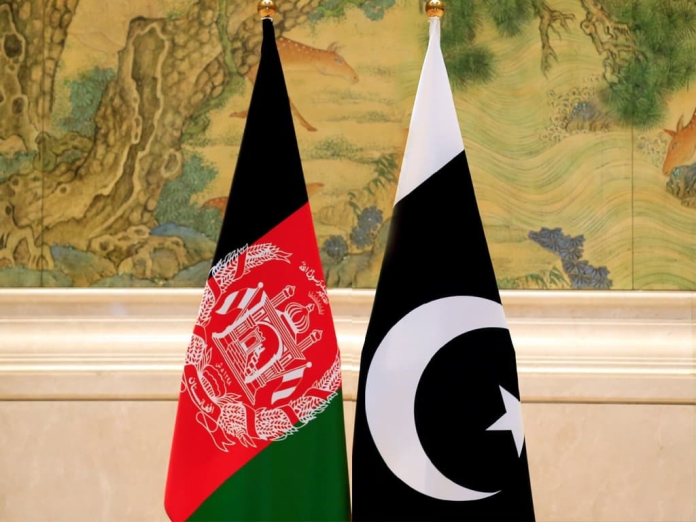The proxy paradigm, born out of the Cold War and intensified during the Soviet invasion, was further entrenched after 9/11. While publicly aligning with the U.S.-led war on terror, Pakistan covertly supported various insurgent factions, betting on a future Afghan dispensation that would favor Islamabad’s regional calculus. The result has been devastating: international condemnation, strained ties with global allies, and the rise of homegrown militancy
Shamim Shahid
PESHAWAR: For decades, Pakistan’s policy toward Afghanistan has been shaped by a security-centric doctrine rooted in fear, rivalry, and a desire for strategic depth. From the Cold War to the post-9/11 era, Islamabad has viewed Kabul not as a sovereign neighbor but as a theater of influence to be manipulated for geopolitical advantage. This doctrine, while seemingly pragmatic to Pakistan’s military and strategic planners, has yielded neither peace in Afghanistan nor enduring security for Pakistan.
The proxy paradigm, born out of the Cold War and intensified during the Soviet invasion, was further entrenched after 9/11. While publicly aligning with the U.S.-led war on terror, Pakistan covertly supported various insurgent factions, betting on a future Afghan dispensation that would favor Islamabad’s regional calculus.
Militancy, extremism, and instability in Afghanistan have spilled across the border, culminating in the rise of groups like the Tehrik-i-Taliban Pakistan (TTP), which now poses a direct and sustained threat to Pakistan’s internal stability.
A forward-looking, partnership-based approach offers far more promise than the outdated proxy playbook. Afghanistan and Pakistan share more than a rugged border—they are bound by deep cultural, linguistic, and economic ties. From trade and transit to climate change and counterterrorism, the challenges and opportunities they face are inextricably linked. A stable and inclusive Afghanistan is in Pakistan’s vital interest, not just as a neighbor, but as a partner in regional peace and prosperity.
The Taliban-led government in Kabul, too, must avoid repeating Pakistan’s past mistakes. Support for militant proxies like the TTP undermines Afghanistan’s own sovereignty and credibility. Just as Afghanistan has suffered from decades of foreign interference, it must now chart a responsible course, rejecting the use of violent non-state actors as tools of influence. Stability and international recognition will only come through responsible statecraft, not proxy warfare.
For Pakistan, a new approach must include genuine respect for Afghan sovereignty, support for inclusive governance, and investment in people-to-people ties—through educational exchanges, infrastructure development, and visa liberalization. The bilateral relationship should be de-hyphenated from India-Pakistan tensions. Afghanistan is not a battleground in a zero-sum regional game; it is a sovereign nation whose stability benefits all.
Pakistan can also leverage regional platforms like the Shanghai Cooperation Organization (SCO) and engage with Iran and Central Asian states to foster a consensus-driven regional framework for Afghanistan’s future.
Of course, transforming entrenched policies will not be easy. Skepticism runs deep on both sides. Trust-building will take time, especially given historical grievances and security concerns. But the cost of inaction—or worse, continuing the cycle of covert interference—is far greater.
By transitioning from a role of manipulator to that of partner, Pakistan has a rare opportunity to reset its regional posture, rebuild global credibility, and contribute to lasting peace. True security will not come from controlling Kabul’s politics but from standing beside Afghanistan as an equal, sovereign partner. The time for change is now.

















